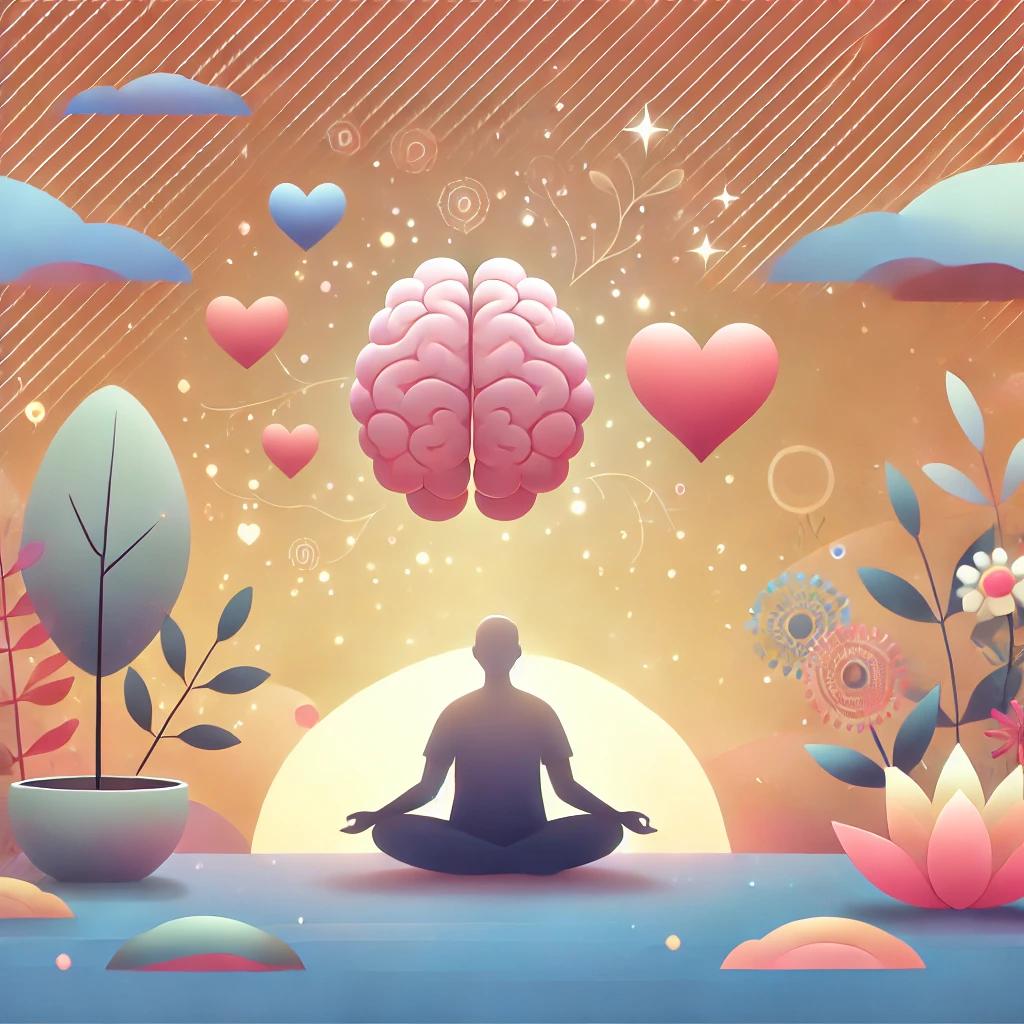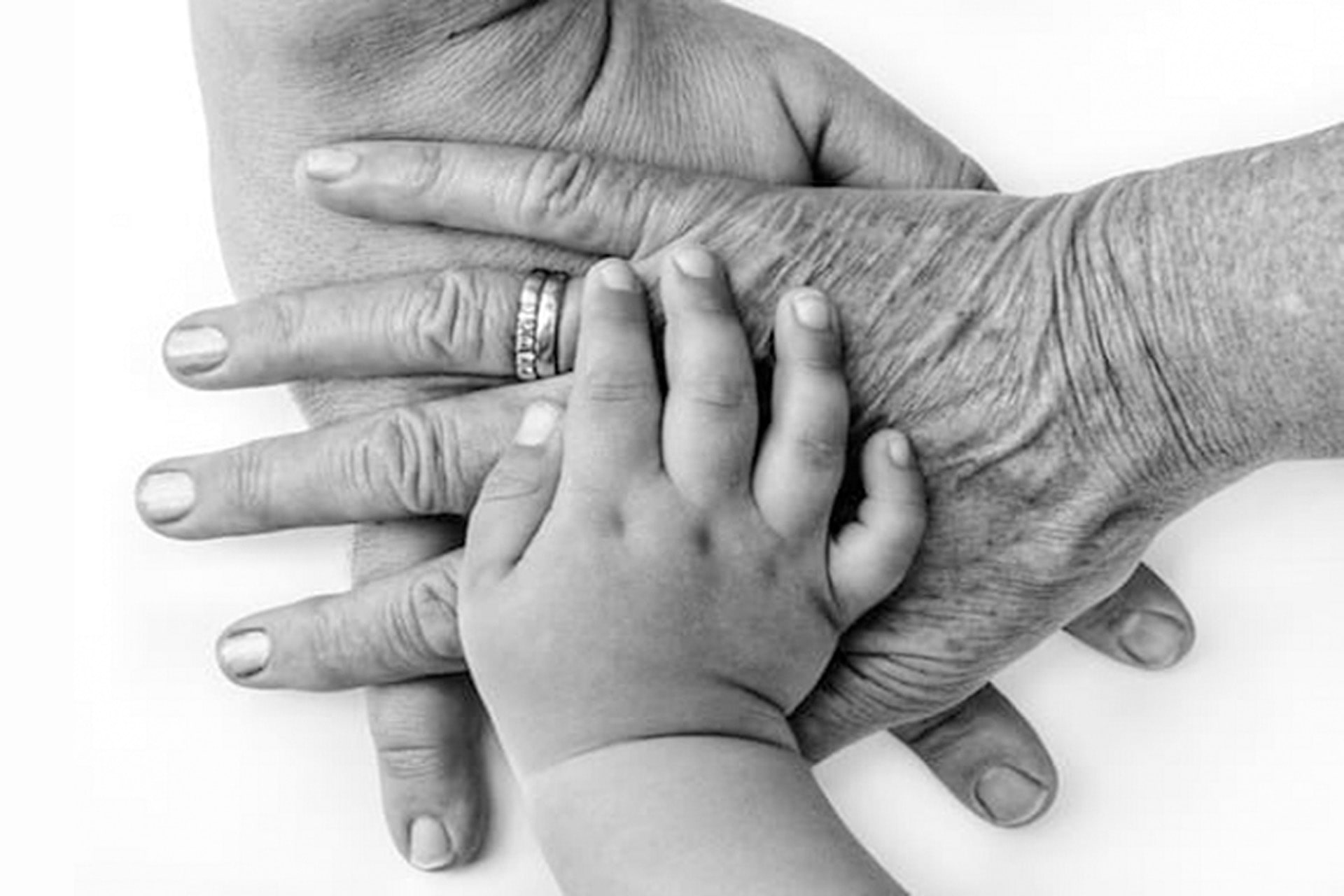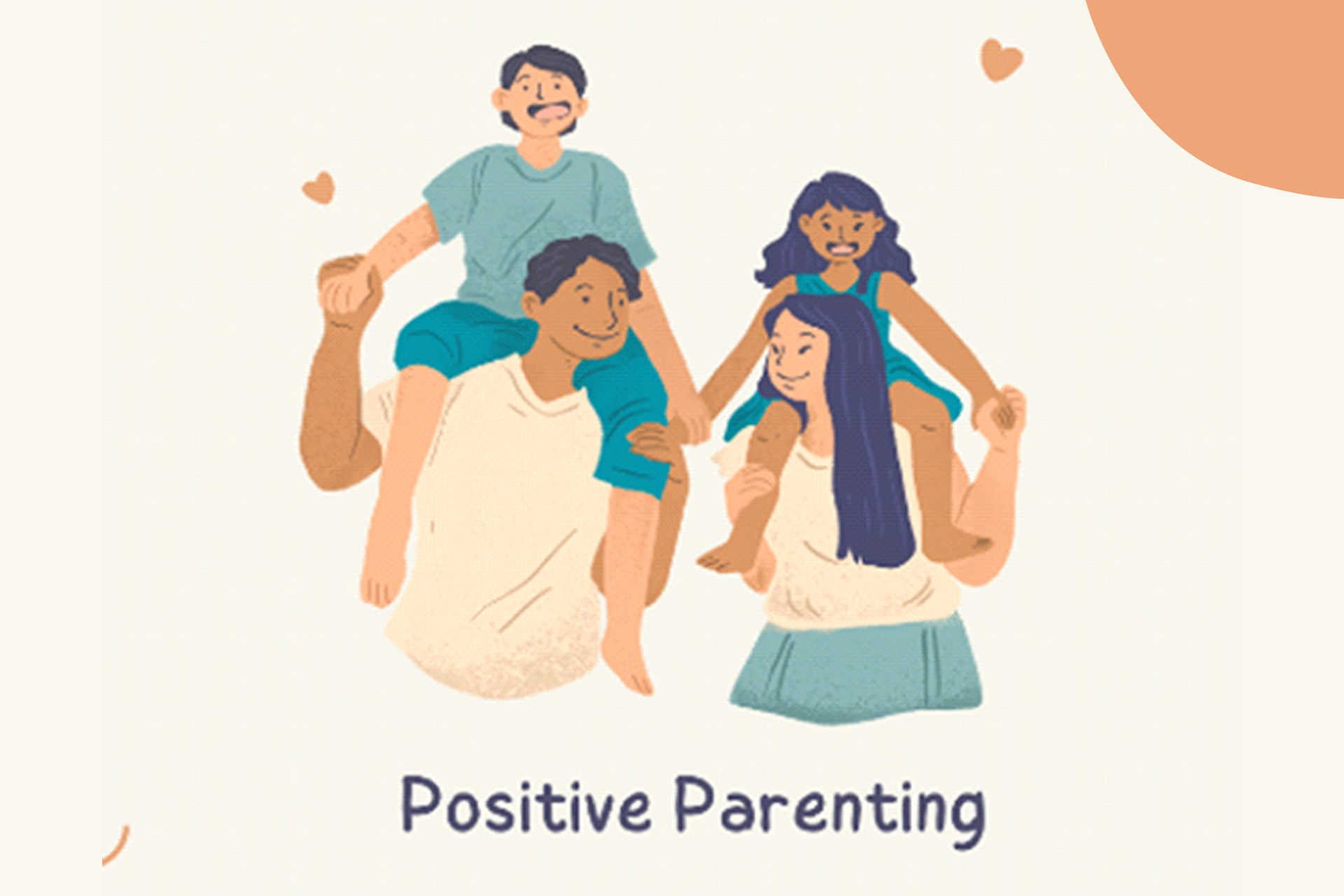Mental health is something that has often been overlooked or misunderstood, yet it plays a pivotal role in our overall well-being. We spend much of our time focusing on our physical health, but our emotional and psychological well-being is just as essential. The truth is, mental health isn’t just about living free of mental illness; it’s about maintaining a balance, fostering positive thoughts, and building resilience to navigate life’s inevitable challenges.
This blog aims to explore mental health in a personal and relatable way, emphasizing the importance of self-awareness and healing. Let's dive into why mental health matters and how we can start taking better care of our minds.
Understanding Mental Health
When people hear the term "mental health," they often think of mental illness, but it’s much more than that. Mental health encompasses emotional, psychological, and social well-being. It influences how we think, feel, and act. Our mental health also impacts how we handle stress, relate to others, and make choices.
Mental health isn’t just the absence of mental disorders; it's about feeling good about yourself, your life, and your relationships. It’s an ongoing process that requires maintenance, just like physical health. It can involve anything from managing stress in a healthy way to seeking professional support when needed. Understanding this distinction can help people feel less ashamed and more empowered to care for their mental well-being.
The Connection Between Mental Health and I
"I" — as in the individual — is at the core of the mental health journey. Your mental health is personal and unique to you. Every experience, challenge, and triumph influences how you perceive yourself and the world around you. In the age of social media and constant connectivity, it’s easy to get lost in comparison and self-doubt. But true mental health starts with understanding and embracing the person you are.
Here are a few ways in which your relationship with yourself shapes your mental health:
- Self-Awareness: Recognizing your thoughts, feelings, and behaviors is crucial in understanding where you stand mentally. When you pay attention to how you respond to different situations, you can start identifying patterns and triggers. This is the first step in healing and growth.
- Self-Acceptance: Embracing who you are, flaws and all, is essential to mental well-being. When you acknowledge your strengths and weaknesses without judgment, you pave the way for personal growth. Perfection is unattainable, but self-love is a powerful tool for navigating life.
- Self-Care: Taking the time to nurture your mental health is a form of self-respect. Whether it's practicing mindfulness, journaling, or engaging in hobbies you love, self-care allows you to recharge and build emotional resilience.
- Boundaries and Relationships: Your relationship with others also plays a significant role in mental health. Healthy boundaries with family, friends, and coworkers can preserve your mental space. Learning to say no and prioritize your needs are fundamental to maintaining good mental health.
Breaking the Stigma
One of the biggest challenges people face when it comes to mental health is the stigma surrounding it. Talking about mental health is still seen as taboo in many circles, and people often feel ashamed or embarrassed to seek help. This silence only perpetuates feelings of isolation and makes it harder for those who are struggling to come forward.
The key to breaking the stigma is open dialogue. By sharing personal experiences and normalizing the conversation around mental health, we create an environment where people feel safe seeking support. Whether through therapy, counseling, or simply confiding in a loved one, reaching out for help is a courageous step toward healing.
Tips for Maintaining Mental Health
- Practice Mindfulness: Mindfulness and meditation are great ways to center yourself in the present moment. This can help reduce stress and anxiety, as it encourages you to focus on your breathing and the here-and-now rather than getting lost in worry.
- Exercise Regularly: Physical activity has been shown to improve mental health by releasing endorphins, the body’s natural "feel-good" hormones. It also boosts self-esteem and helps manage symptoms of anxiety and depression.
- Stay Connected: Build a supportive network of friends, family, or community groups. Talking with people who understand your experiences can provide comfort and a sense of belonging.
- Limit Social Media: Social media can sometimes contribute to negative self-perception and increase stress. Taking breaks from screens and spending time in the real world can help you reconnect with yourself.
- Seek Professional Help: If your mental health is affecting your day-to-day life, seeking professional support from a therapist, counselor, or doctor is important. There’s no shame in asking for help — mental health professionals can provide invaluable tools and support to navigate life’s challenges.
Mental Health Is a Lifelong Journey
The journey to maintaining mental health is ongoing. Just like physical health, there will be ups and downs. Some days may feel harder than others, but every step taken toward self-awareness, healing, and self-care matters.
Your mental health is unique to you, and no one else can define it. Embrace your individuality, be kind to yourself, and know that it’s okay to not be okay sometimes. With time, support, and patience, mental well-being is within reach.
In conclusion, mental health is as essential as physical health, and the connection between "I" and mental health is undeniable. It starts with you, with recognizing your own worth and taking steps to nurture your mind. By understanding the importance of mental well-being, breaking the stigma, and fostering self-awareness, we can all create a healthier, more supportive world for ourselves and those around us.
Takeaway
Mental health is an ongoing journey of self-awareness, growth, and self-care. Don’t be afraid to prioritize your well-being and seek support when needed. By recognizing the importance of mental health and addressing it with compassion, we can foster a stronger, healthier society, one that is built on the foundation of understanding and empathy.







0 Comments